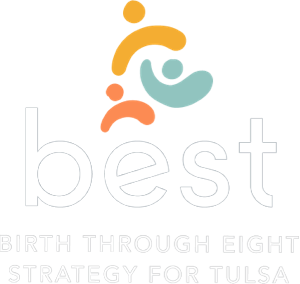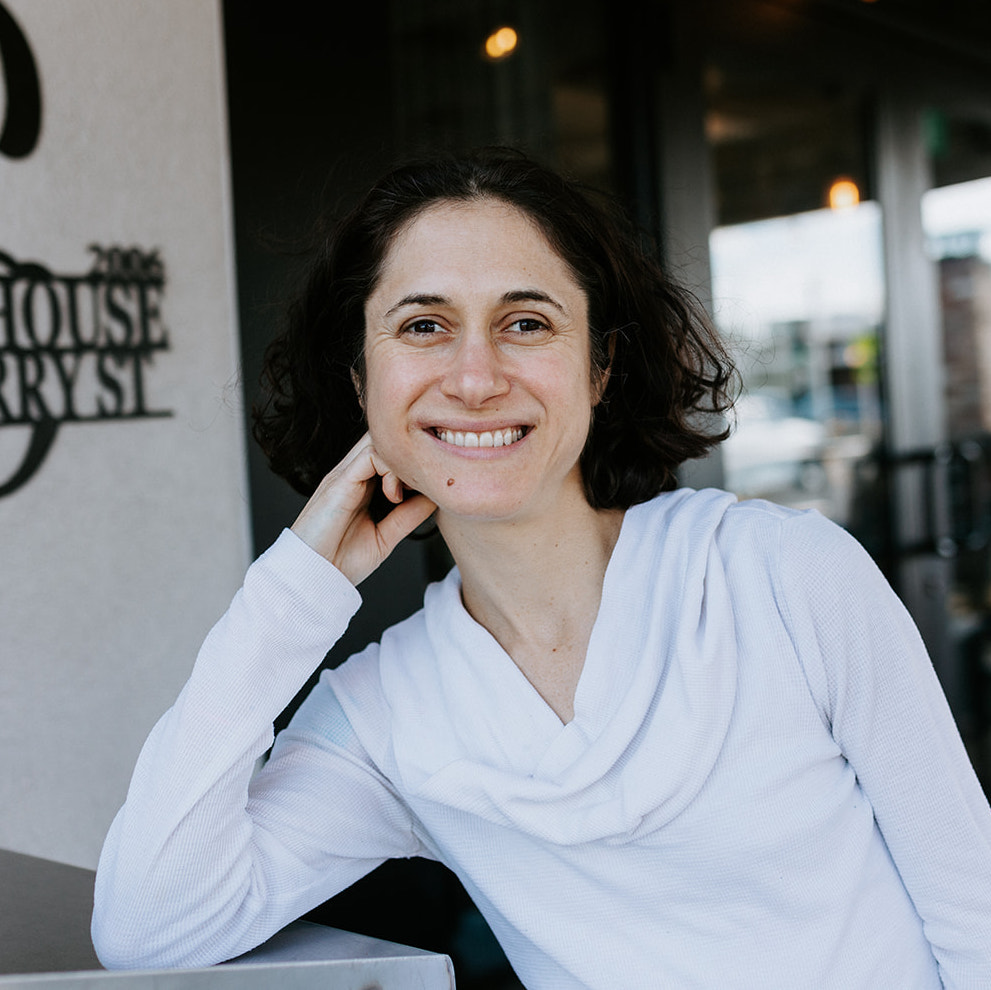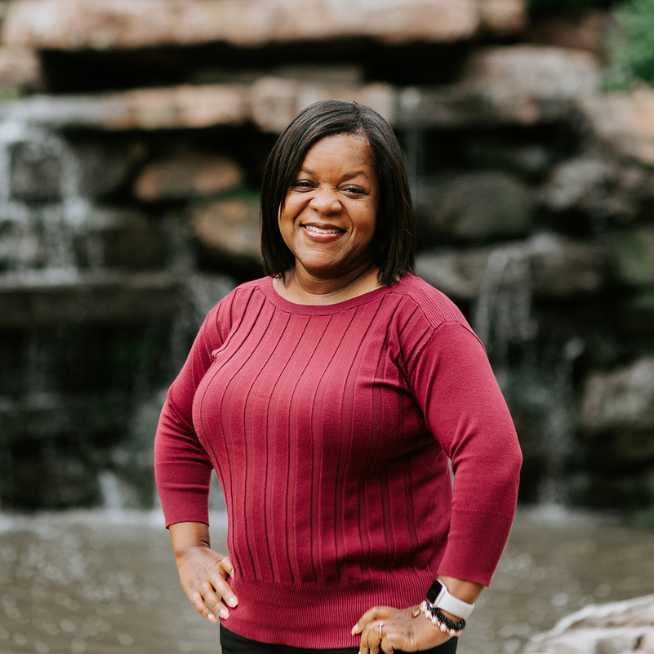In any discussion about racism in medicine, the racial inequities in maternal health are sure to come up. Maternal mortality rates for black mothers are over three times higher than that of white women. This statistic is disappointing and daunting, especially for Black and Indigenous people who are expectant and/or trying to conceive. LaBrisa Williams leads the Tulsa Birth Equity Initiative (TBEI), a multi-program initiative that equips families in Tulsa to have healthy births with dignity and reduce maternal health disparities. TBEI approaches the work with the acknowledgment that a singular solution will not fix the racial disparities in maternal mortality, infant mortality and the lived experience of underserved families during pregnancy. Because of this, TBEI is committed to not only providing direct services and meeting immediate, individual needs but also addressing and shaping systems-level change.
Maternal mortality rates for black mothers are over three times higher than that of white women.
METRIARCH, “THE MATERNAL MORTALITY CRISIS”
In an interview with LaBrisa, she recalled a story about a teen mom in labor who was extremely frantic and scared before receiving her epidural. Her nervousness was met with derision from the anesthesiologist who remarked that if she “was grown enough to open her legs, then [she was] mature enough to receive this epidural.” The mother’s doula, who was present, took charge of the situation and told the anesthesiologist, “that will not help.” The doula then shifted her attention to the mother and centered her needs by encouraging and supporting her in that moment. To LaBrisa, “the more and more stories like this that [she hears], the more thankful [she is that] the doulas can be in Tulsa’s hospitals,” ensuring that parents are heard and centered throughout pregnancy and birth, especially in those clinical environments.
Despite only being in operation for six months thus far, TBEI has made a great impact on Tulsa and its families, and LaBrisa is excited for the ways that TBEI will continue to grow and address maternal health disparities. As TBEI grows, LaBrisa is committed to ensuring that Black women are not left behind, as they are the ones who are most affected by maternal health disparities. She is excited to create spaces where Black women of child-bearing age can comfortably share their experiences and “be their whole selves.” Though LaBrisa does not have all the details of what this space will look like, that is part of the commitment: ensuring those same women have the agency and freedom to shape what that community will look like and how it will function for them.


















